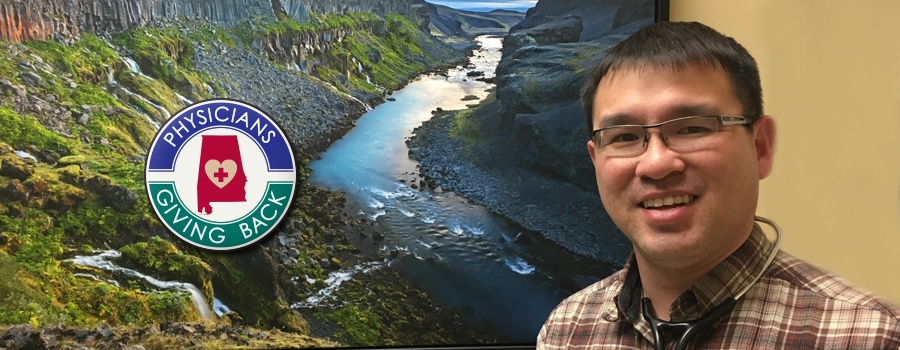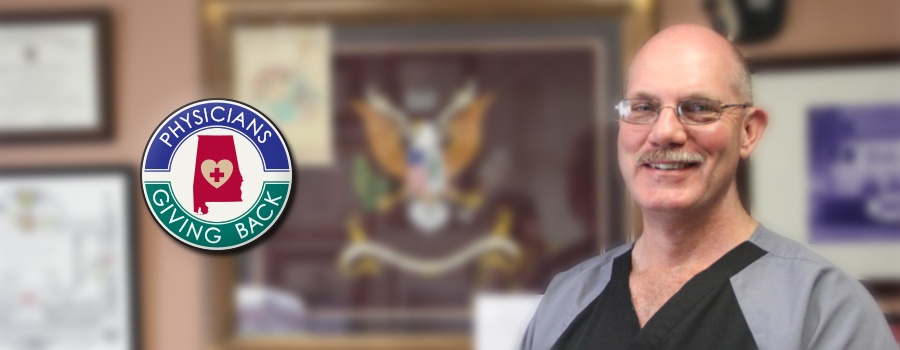Tag: physician giving back
-

-

The Accidental General with Gen. Shane Lee, M.D.
MARION – The city of Marion is an old town rich in Alabama history that pre-dates the Civil War. It’s home to many antebellum homes, Judson College and Marion Military Institute, the nation’s oldest military junior college. Few people may know that a young Coretta Scott, born and raised in Marion, wed her husband, Rev.…